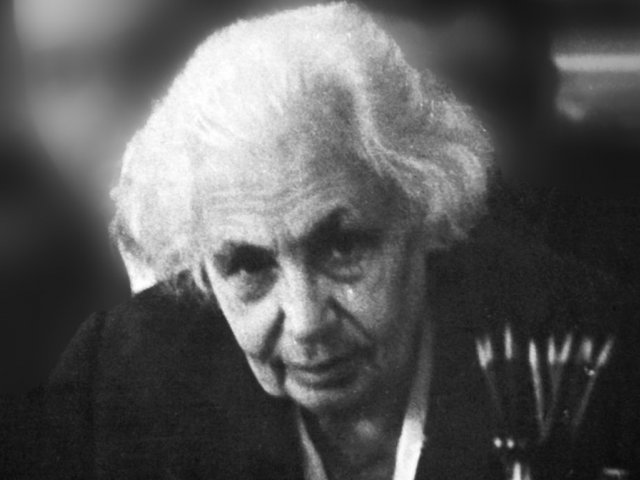Official:
Plutarch. C. 46 – c. 127. Ancient Greek philosopher and historian
Life and Work:
1. Philosopher and historian Plutarch bore a name that meant “the ruler of wealth” in ancient Greek. This is quite logical, especially if spiritual values are meant by wealth.
2. In fact, Plutarch incredibly enriched us with information from his contemporary and previous ancient life. Before that, he received good education: he came from a wealthy family who lived in the Greek city of Chaeronea and studied physics, philosophy and natural sciences in Athens and Alexandria.
3. The Peripatetics and Stoics had a marked influence on Plutarch’s philosophical. He considered himself a Platonist, but he was more of an eclectic in reality. As for philosophy, he was mainly interested in its practical application.
4. In his youth, Plutarch, his brother Lamprias and teacher Ammonius visited Delphi, where the cult of Apollo was still preserved, although it fell into disarray. This journey had a serious impact on Plutarch’s life, scientific and literary activities.
5. Plutarch visited Rome several times and even used to give lectures on philosophy there. In Rome, he made friends with influential people and even received Roman citizenship and new name Lucius Mestrius Plutarchus, although he did not speak Latin at that time and communicated in Greek with his students. He learnt Latin in the afternoon of his life.
6. Thanks to his high-ranking Roman friends, Plutarch became the most influential person in his province: Emperor Trajan forbade the governor of Achaea to hold any events without Plutarch’s prior approval.
7. Plutarch traveled a lot, visited Sparta, Corinth, and other Greek cities, but he mainly lived in his hometown: he actively participated in its management and led a kind of philosophical circle, a branch of the Athenian Academy.
8. Plutarch used to write a lot all his life: it is customary to divide everything written by him into two parts: biographies or historical works, and everything else united by the term “Ethics” – i.e., philosophical and social-political works.
9. Of more than two hundred works created by Plutarch and listed by his students, about one hundred have come down to us, which is a lot given the amount of the years separating us from Plutarch who lived in the 1st century A.D., at the same time as Spartacus. By the way, we know about Spartacus from Plutarch: he described Spartacus’ uprising in the biography of Mark Licinius Crassus.
10. The biography of Roman commander Crassus is one of many surviving biographies combined by Plutarch into the so-called Parallel Lives. This is a special genre of biographical prose invented by Plutarch. Critics call it the Greek-Roman battle of reputations, and this is extremely accurate. Famous Russian philologist Sergey Averintsev defined Parallel Lives as “philosophical and psychological essays based on the material of political history.”
11. Each biographical “parallel” consists of the biography of a Greek politician, biography of a Roman politician whom Plutarch considered to be appropriate to compare with the first person, and the final comparison of these two persons. For example, Plutarch compared Alexander the Great with Julius Caesar, legislator Lycurgus with Numa Pompilius, and orator Demosthenes with, of course, Cicero.
12. Our knowledge of ancient history, all our information about the great people of Ancient Greece and Ancient Rome is primarily derived from Plutarch’s works. He described the assassination of Caesar in the Senate, however, he did not mention the words “You too, Brutus!”
13. Plutarch told about the Gordian Knot and refuted the legend that Alexander had cut it. According to Plutarch, the knot was made of cornel bark, and Alexander easily managed to solve the problem: he freed the yoke by removing a hook from the front end of the drawbar – the so-called “gestor” that secures the jugular belt.
14. We know that a Spartan woman handed a shield to her son going to war specifically from Plutarch's texts.
15. We learned the word “pirate” in its current meaning from Plutarch.
16. Plutarch also told us about where the custom of avoiding marriage in May came from: the Romans dedicated April to Venus, and June to Juno. According to Plutarch, the Romans tried to marry either a little before the onset of May or a little later, so that the marriage would be sanctified by the patronage of either the goddess of love or the goddess of marriage.
17. In his mature years, Plutarch became a priest of the Temple of Apollo at Delphi. He tried to restore the sanctuary and the oracle to its former importance and earned deep respect from the inhabitants of the surrounding area, so they erected a statue to him.
18. His writings and lectures made Plutarch famous in the Roman Empire, but he continued to live at this birth place and took an active part in local affairs. He used to receive guests from all over the empire and have serious conversations with them sitting in his marble armchair. The words survived: the dialogues were recorded and published. 78 essays and other surviving works are known today collectively as Moralia. Science has not figured out yet whether all these works belong to Plutarch or not.
19. According to Byzantine historian of the 8th-9th centuries George Sinkell, at the end of his life, Plutarch was appointed the procurator of Achaea by Emperor Adrian.





















